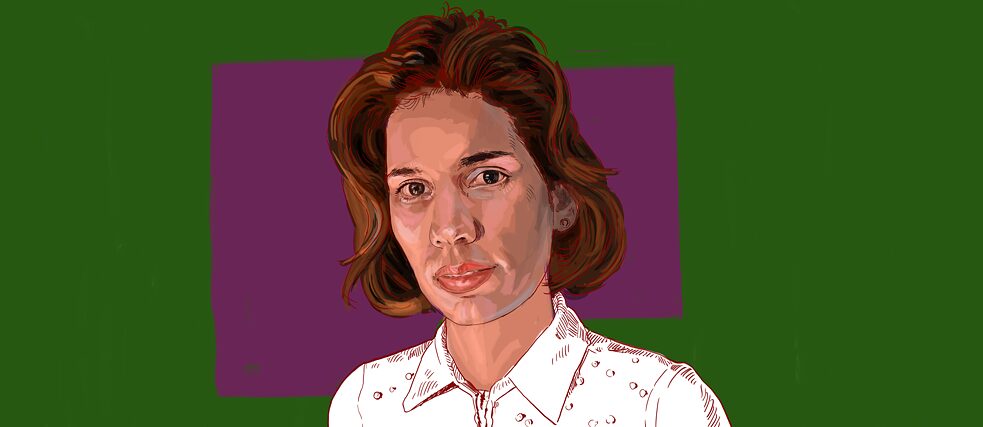by Noor Al Huda Faraj from Basra
The Used Doll’s Store

Noor Al Huda Faraj is an Iraqi artist and journalist based in Basra. She was born in 1992 in the same city. She holds an MA, with a focus in theatre. The First Gulf War and the invasion of Kuwait by the former regime led her family to seek safety in Jordan. She lived there with her family until 2006. Upon her return to Basra, she encountered chaos, conflict and war like most other Iraqi cities in the aftermath of the fall of regime. Basra, with all its tribal and sectarian conflicts, was too limiting for a woman compared to the relative freedom she had living in Jordan. As a female artist, Noor faces many difficulties in this chaotic and conservative city, which is why she chooses art as a medium to express herself.
Project background
According to Noor due to the fact that Iraq has gone through several wars, a big number of media and art productions in Iraq only attend to the stories of war, loss, grief and politics, with each one narrating a story of historical heroism. Often the colour black dominates the art scene, as do combat fatigues, guns, and war stories. Noor believes that Iraq must simplify life in order to recover from war trauma and the past, and instead must focus on life with its more colourful aspects. Noor’s project provides a way out of the rhetoric of war and a return to life in all its beautiful simplicity.Theatre show: the Used Doll’s Store
Noor’s project is a realist play, which is a tragicomic work of fiction. The essence of the play is about accepting the other, the one that is different. The play does not engage with the audience directly, but through the toys it seeks to promote the acceptance of different genders, religions and ethnicities in society.The play centres around a toy store that both contains children’s toys and is a workshop that produces new toys. It is written in such a way as to allow those with hearing and speaking difficulties to understand and relate to it. The whole play is between 30 to 40 minutes long. Actors/actresses play in the role of dolls; only two of the roles are human characters: the store owner and a woman who works there.
The dolls use body language. The dialogue revolves around the entry of a new figure into the store. One of them says, “What is different is not necessarily a threat to me”. At this point, one actor/doll with a beautiful appearance comes in, but one of the ugly dolls is scared of it. The paradox here is that the ugly doll is scared of the beautiful one.
The play unfolds on a stage, but the theatre in Basra is not ideal as the technical services are not adequate there. This is why Noor aims to adapt her play for open spaces, like a public garden.